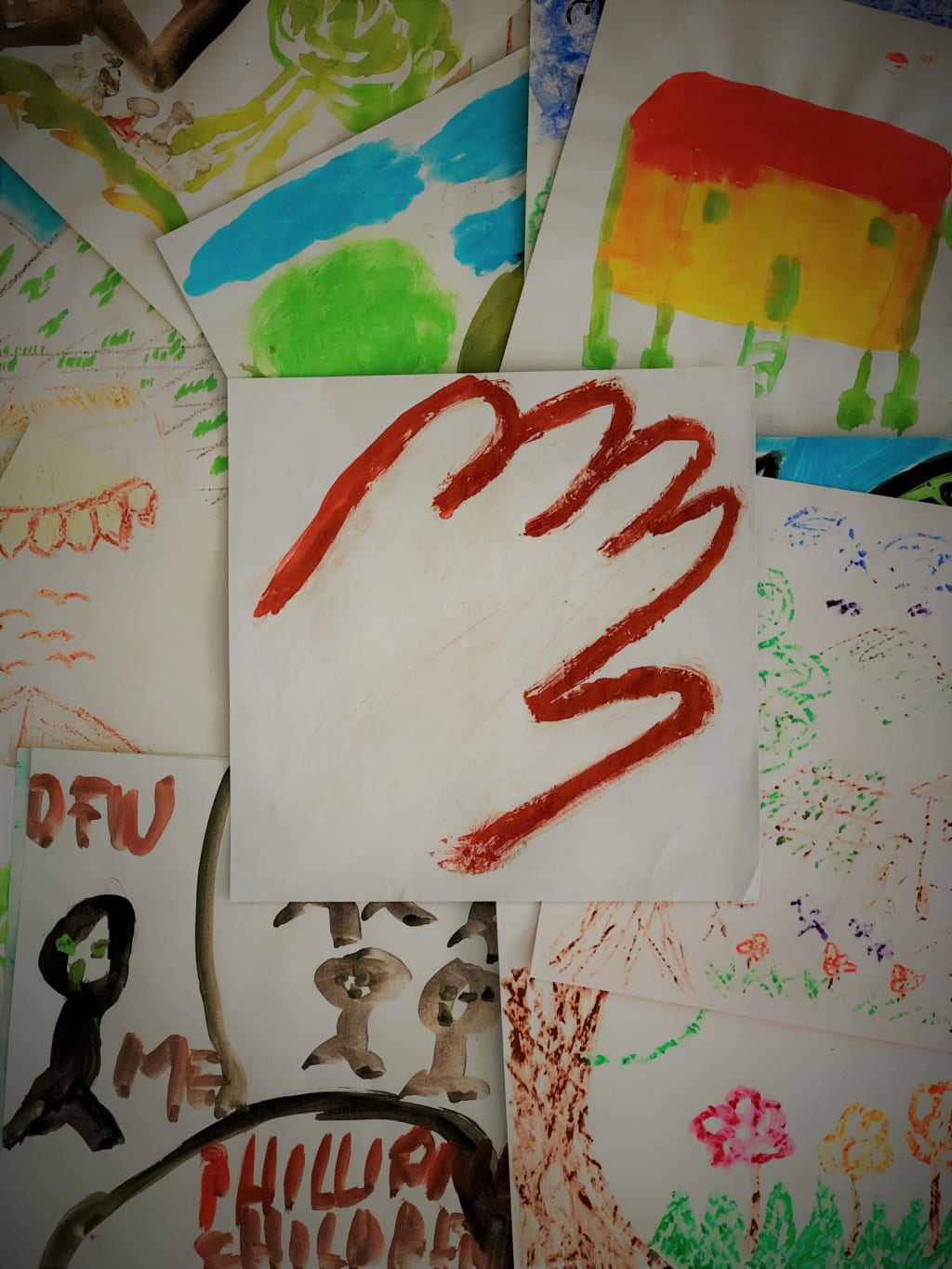
The first time I saw Ligaya (all names have been changed to protect individuals’ privacy) she had just come into the shelter’s common room and gave me a small smile. I remember thinking that she looked worn-out and weak. Another shelter guest told me she just arrived yesterday at midnight. I wondered if she had been fleeing and if so, from whom, at an hour so late.
This shelter I visited was specifically for Filipino migrant workers (commonly known as Overseas Filipino Workers, or OFWs). It was set up by Serve the People Association (SPA), a non-profit established in 2008, in the special municipality Taoyuan. In summary, SPA works to provide aid and protection for migrant workers, many originating from South East Asian countries, in Taiwan.
I was lucky enough to be allowed as an outsider volunteer to visit the shelter, having contacted SPA concerning my dissertation fieldwork. The staff and the guests were generous to let me in and give me a chance to get to know them. Although not all of them spoke fluent English and my proficiency at Tagalog was sub-zero, we shared stories and life experiences, eventually becoming friends.
Only towards the end of August did I get to properly know Ligaya. Taiwan was not the first place she had migrated to. Her first overseas employment was in Singapore where she worked with a Chinese family, taking care of an elderly lady for 2 years. After the lady passed away, she migrated to Malaysia, living in the centre of Kuala Lumpur for 4 years with an Indian family. Following that, Ligaya moved onto Dubai and afterwards, to my native city of Hong Kong. Whilst we were talking, Ligaya excitedly scrolled through her phone, showing me pictures of the landmarks she had visited across the world from her travels to earn a better life.
After her contract wasn’t renewed in Hong Kong, she chose to move to Taiwan upon hearing that domestic worker salaries are higher. The circumstances have been different, but the grass isn’t entirely greener on this side of the sea.
Despite the Employment Services Act (see Chapter IV and V) prohibiting Taiwanese manpower agencies from charging brokerage fees, they have been found to demand origin country recruitment agents to pay a fee on behalf of clients. This financial burden is then transferred onto the workers themselves. Recruitment fees charged before migrating (ranging from USD 1,500–6,000 per worker), along with monthly service fees charged by Taiwanese brokers after they start work, fall heavy on workers’ first-year salaries (in some cases, tying them to debt for multiple years). The control over their fate, which made them decide to migrate in the first place, gradually leave their own hands and into those of brokers and agencies.
Ligaya’s new employer was a couple. She soon realised that she did not get along with ‘the madam’, who constantly verbally accosted her. She told her agent she has decided to leave, having heard of SPA through a fellow OFW friend. Ligaya hoped they could assist her with arranging transfer papers that would help her land a new, hopefully, better employer. Her broker came to collect her, and momentarily, Ligaya thought she was freed from her unpleasant work environment.
Unfortunately, worse things awaited. Ligaya’s broker ended up locking her in a dark room for three days. The only sustenance she received was biscuits and water. It turned out she was on her period during those few days trapped in that cramped, windowless storeroom. I sat stunned, as she told me how she repeatedly pleaded with the broker to let her out to buy menstrual products. They repeatedly forbid her to go out. Desperate, all Ligaya could do was resort to using a cloth to soak up her menstrual blood.
SPA staff were thankfully alerted by her contacts and came with police to release her. Now, there she was on the couch, chatting with me. I asked her if the broker and agency have been prosecuted for holding her hostage. She shook her head with dismay. No, her case has not yet been brought to justice. But SPA is working on it.
The country’s labour laws have in many ways compromised the wellbeing of migrant workers, notably those in ‘blue-collar’ jobs, such as fishermen and domestic workers, originating from South-East Asia. For example, foreign domestic workers are not included in the Labour Standards Act, making the 1,826 home maids and very likely, a vast proportion of the 256,763 foreign nursing workers, ineligible to receive the same protection as employees in other industries. This includes a worker’s right to “terminate a labour contract without giving advance notice to the employer” (see Article 14) when they experience violence or gross insult, or where an employer doesn’t pay following the labour contract. During my time at SPA, I’ve heard many cases where domestic workers could not switch jobs despite being vulnerable to abusive circumstances. Perhaps the unfavourable labour rights partly explain the vast drop from 2,844 home maids in 2004. Therefore, in the face of these laws, SPA and other organisations, such as TIWA (Taiwan International Workers Association) and One-Forty, serve the function of protecting migrants and lobbying for legal reforms.
Ligaya’s case was not isolated; Trisha, another shelter guest, experienced similar treatment by her broker. Even so, Ligaya maintained joy. We laughed singing on a Bluetooth karaoke mic and danced to Zumba tutorials featuring K-pop tunes and Tagalog classics. I asked her about Filipino adobo, and she told me how she learned to make chapati from her Indian employers.
She proudly told me all about her eldest son who was studying aeronautics at college, and how she met her husband, now a seafarer, when they were colleagues—a romance between an office-worker and a janitor.
Despite the distressing experience, Ligaya was not down. She hones a feisty fire that energises those around her, multiplying smiles as she goes, and is far from complacent about the justice yet to be achieved for migrants like her.






Comments
There are no comments for this story
Be the first to respond and start the conversation.